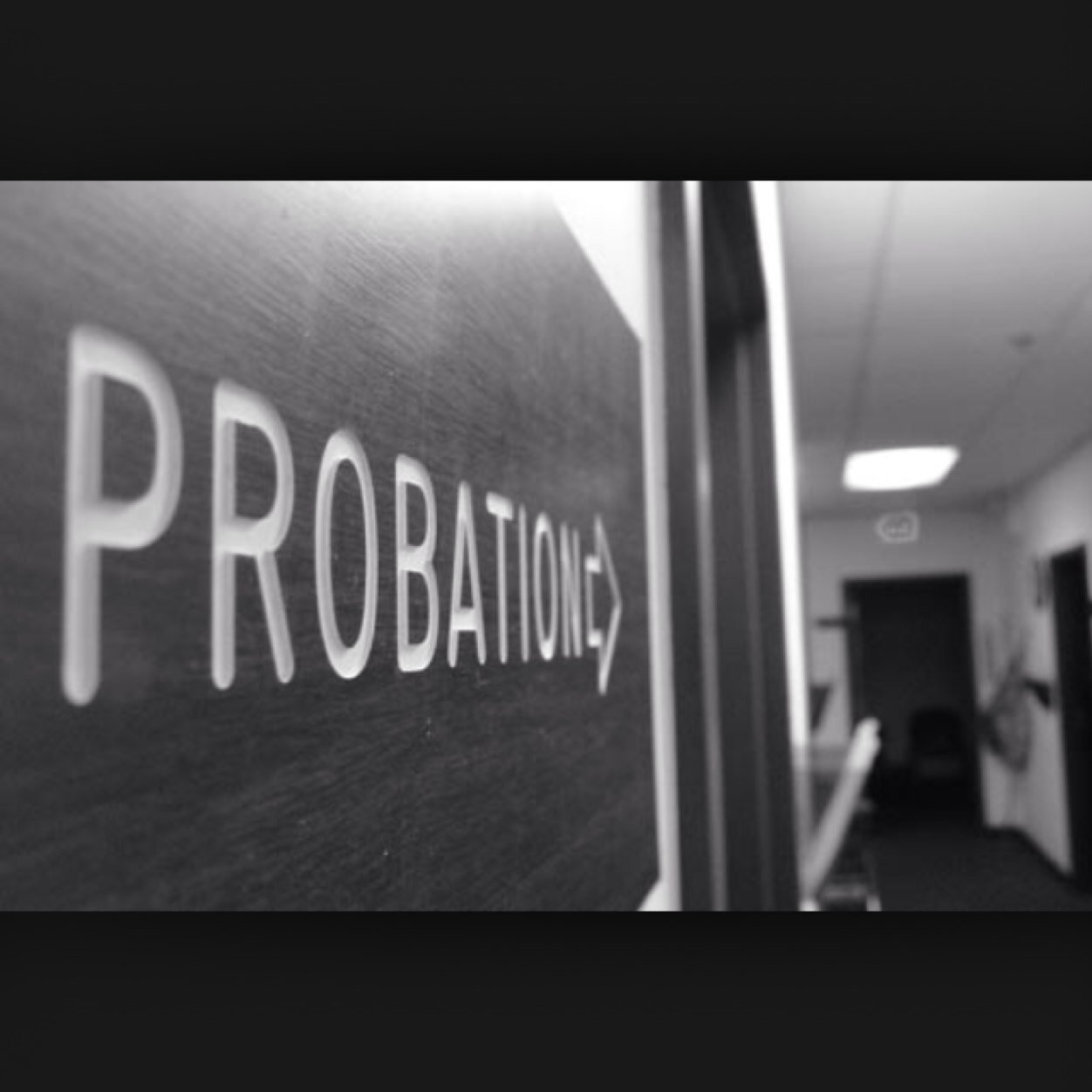This section deals with the appointment of Probation Officer for administration of probation service as a reformative technique for the reformation and rehabilitation of offenders through the process of individualisation.
ADVERTISEMENTS:
The appointment of Probation Officer is made by the State Government. The section also empowers the Court or a District Magistrate of the district to appoint a Probation Officer in place of the person who is named in the supervision order. He shall be subject to the control of the District Magistrate of the district in which the offender, i.e., the probationer resides:
It must be stated that the work of probation is at present assigned to different departments by different states. In some states, Probation Officers are placed under the Social Welfare Department while in others they function under the Panchayat Department or the Home Department. It is therefore, advisable to have an independent Department of Correctional Services on the pattern of the State of Gujarat at the national level to exclusively deal with rehabilitation of offenders in which Probation Officers have a crucial role to play.
The success of probation as a non-institutional therapic measure largely depends on the quality of Probation Officers who are considered to be the linch-pin of probation process. Looking to the nature of the job to be performed by the probation officials it is quite likely that offenders under probation may bring pressure on them for a favourable report.
Therefore, it is utmost necessary that only the persons of proven ability and integrity who have real zeal for this kind of work should be appointed as Probation Officers. They should also be imparted adequate training in penal laws and procedure and social work.
ADVERTISEMENTS:
Besides the regular whole time Probation Officers, most states have also appointed Honorary Probation Officers to share the work of whole time probation staff. The terms and conditions of appointment of the Honorary Probation Officers vary from State to State. In some States they are appointed for a fixed tenure while in others they are allowed to continue as such upto a particular age-limit.

